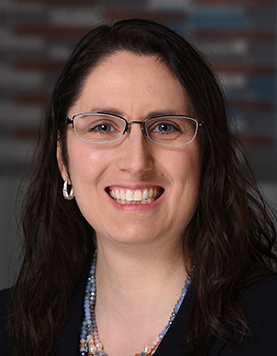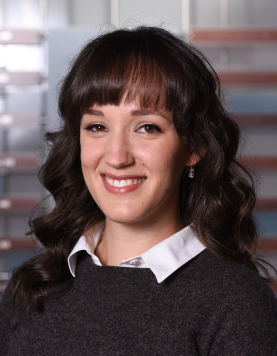- medical school: Wright State University
- residency: The Ohio State University
- fellowship: Pediatric Physical Medicine and Rehabilitation, Nationwide Children's Hospital
- board certification: Pediatric Physical Medicine and Rehabilitation, Physical Medicine and Rehabilitation
Michelle Potts, MD, Division Chief
expertise
spasticity management and concussion
bio
Dr. Potts is the chief, division of physical medicine and rehabilitation. She completed her fellowship training in pediatric rehabilitation medicine at Nationwide Children's Hospital and residency at The Ohio State University Medical Center, both in Columbus, Ohio. Dr. Potts received her undergraduate degree with honors from the College of Mount Saint Joseph followed by her doctor of medicine graduate degree from Wright State University Boonshoft School of Medicine. Dr. Potts is board certified by the American Board for Physical Medicine and Rehabilitation. Prior to coming to Dayton Children’s, Dr. Potts worked for three years at Nationwide Children’s Hospital while also educating students in the department of Physician Medicine and Rehabilitation at The Ohio State University as a clinical assistant professor. After moving to Dayton, she continued her work as a clinical assistant professor at Wright State University Boonshoft School of Medicine. Her dedication over the years has earned her the ranking on the Best Doctors of America list. She has a passion and expertise in helping cerebral palsy patients as well as concussion and spasticity management. She says "Dayton Children's is special because it is a small hospital with a big heart. Everyone has the same of goal of helping all children be the best they can be and doing that in the most caring way possible."
ratings and reviews
Question Rating Breakdown





Provider Rating







3 comments